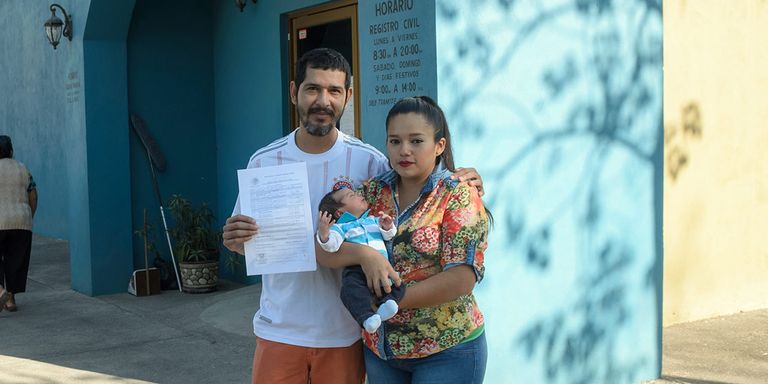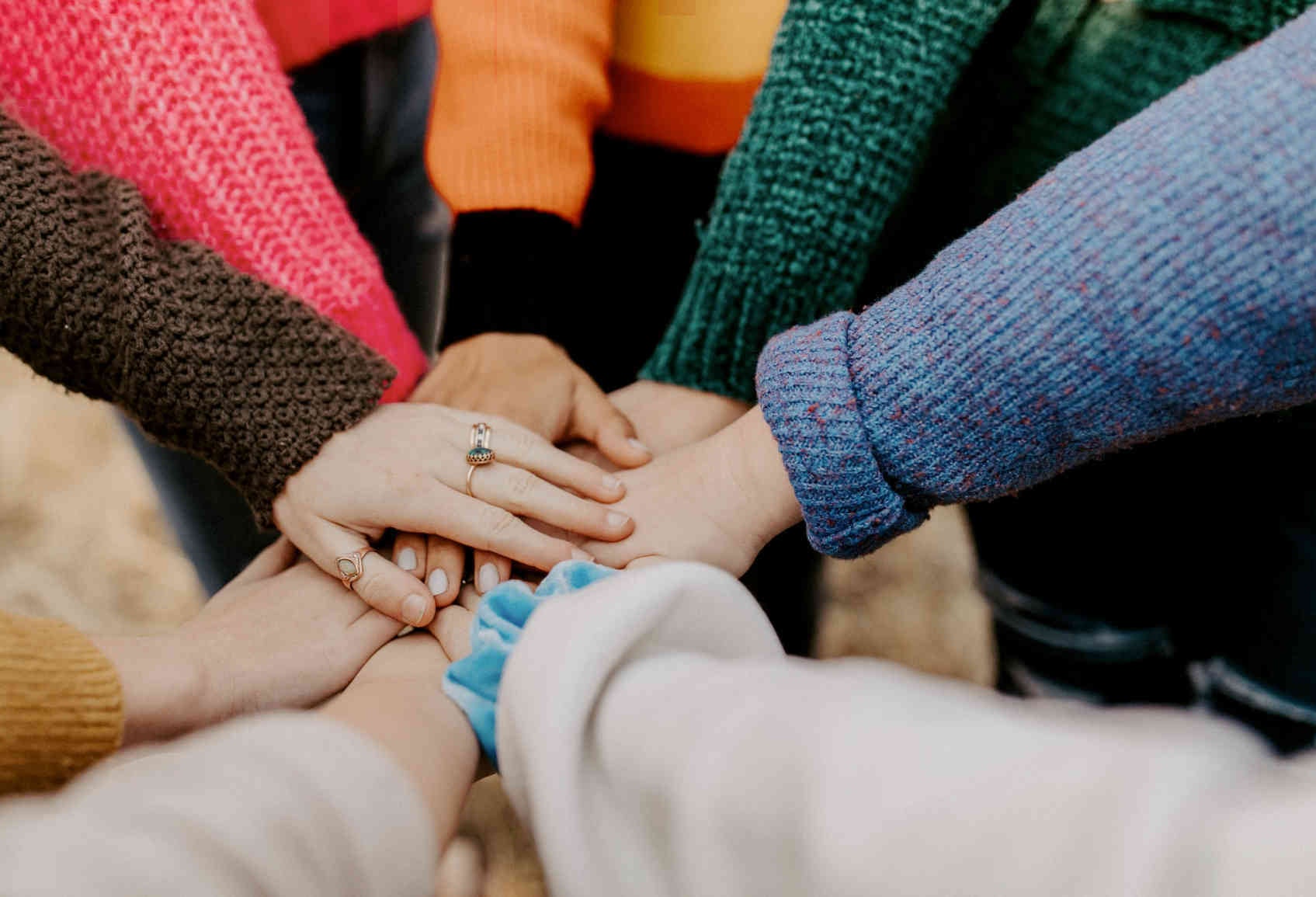
With the appropriate policies and resources, the integration of migrants can contribute to the development of host countries and the wellbeing of their communities.

We work alongside governments to provide migrants with access to registration and documentation.
To improve the living conditions of the local and migrant population, we support investment in basic services and housing.
By expanding the reach of existing programs and supporting the design and implementation of new initiatives, we grant migrants access to social services in their countries of destinations.
We support governments in their efforts to set the conditions for migrants to have access to economic opportunities that allow them to unveil their capacities and contribute to the economies of their host communities.
Explore IDB Non-Reimbursable Resources Enhancing Investment Operations for Migrant Population Integration in Latin America and the Caribbean.
Click here to learn more
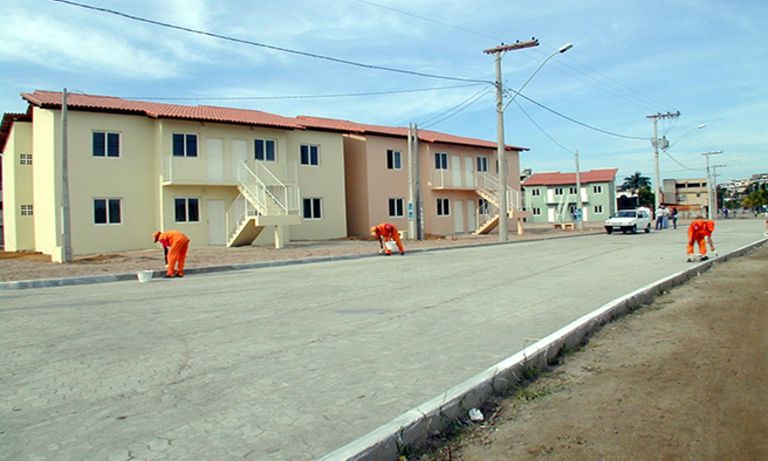
Information, resources and tools to accompany governments in their response to xenophobia.
Click here to learn more
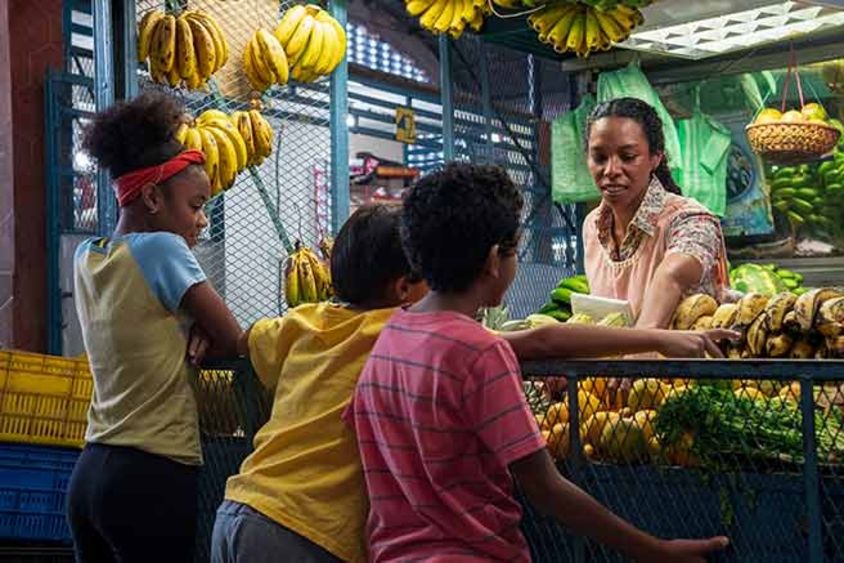
The IDB data portal on migration in Latin America and the Caribbean.
Click here to learn more


Migrant women experience unique challenges, different from those of migrant men and local women, as they face multiple forms of discrimination based on their gender, national origin, migratory status, and other interrelated identities. This document seeks to understand the particular experiences of migrant women from an intersectional perspective, exploring natives' perceptions of migrant women, their experiences in Latin American and Caribbean countries, and how these have an impact on integration indicators.

This document reviews the evidence on the impact of labor market integration of migrants, both for the migrants themselves as well as for their recipient countries. It summarizes indicators of migrants’ current levels of integration and examines empirical studies from across the LAC region and around the world, identifying common challenges and obstacles to integration, as well as policies that can help to overcome them.

Remittances to Latin America and the Caribbean grew 9.5% in 2023, reaching 155 million dollars and resuming the growth rate prior to the COVID-19 pandemic.
La percepción sobre la migración en América Latina y el Caribe se está deteriorando. El Laboratorio de Percepción ciudadana y migración ofrece información, recursos y herramientas para acompañar a los gobiernos en su respuesta frente a la xenofobia.
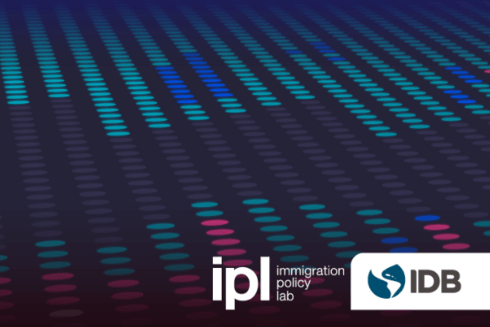
New Technologies, and especially the application of Artificial Intelligence and Big Data analysis, can be an ally for Latin America and the Caribbean countries that, with scarce resources, are facing the biggest migratory challenges in the regions’ history.

Migration has long been part of the fabric of Caribbean nations’ experience.
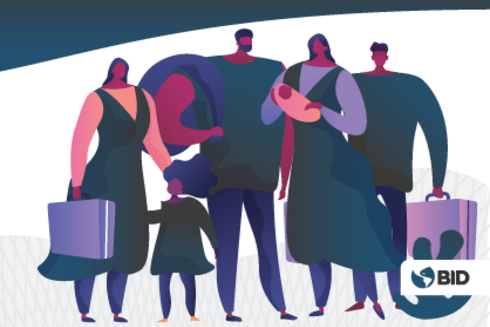
The new migratory flows in Latin America and the Caribbean have an impact on the laws of the countries of the region.

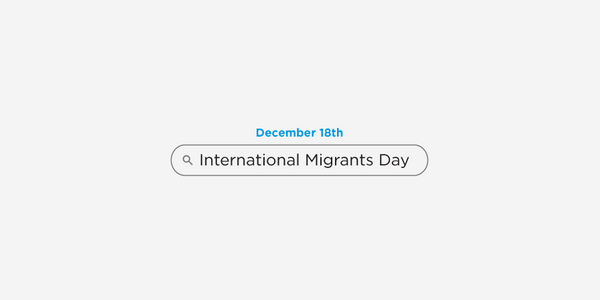
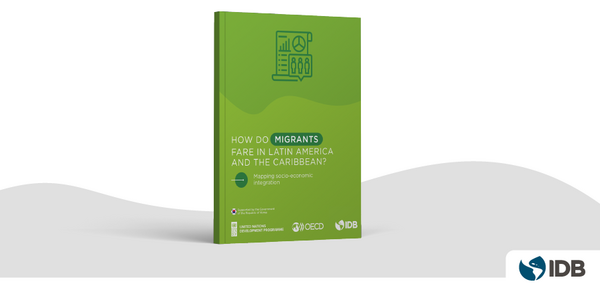


This action framework offers guidance on the IDB Group´s efforts to support LAC countries in promoting an efficient, orderly, and inclusive migration for development. As origin, transit, destination, and return encompass all migration dynamics, they also provide a useful framework to identify and devise adequate and tailored interventions.
Discover the topics in which we work to improve lives in Latin America and the Caribbean.
Explore our offices across countries and the work they do to improve lives.
